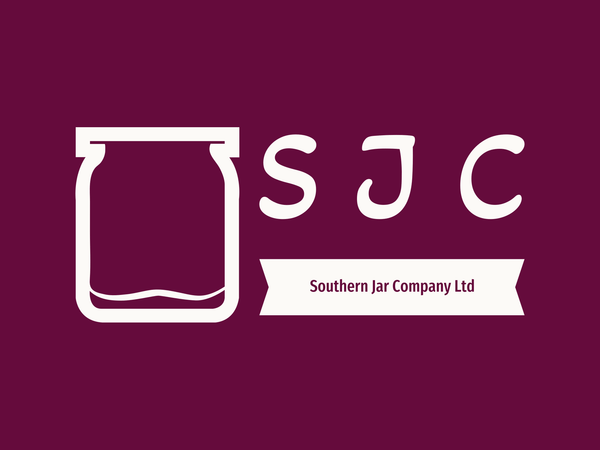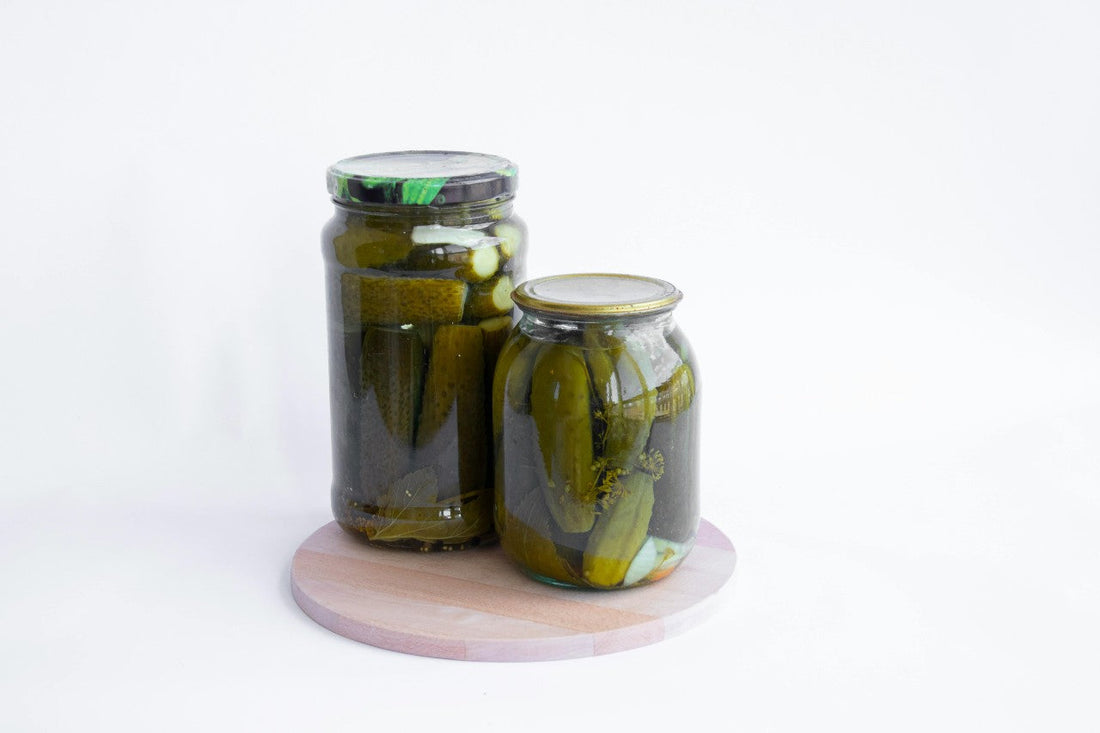Home-made pickles taste flavourful and satisfying. If only you have ever had to compare them with factory-processed pickles. You will understand the depth of that satisfaction. They are also enticing with their attractive colours, in those glass jars with lids. These tasty treats are handy snacks you can enjoy at will or share with others.
Pickles have an exceptional combination of acidic, salty, sweet, and/or spicy tastes. You can make pickles from the healthiest vegetables and fruits available. Furthermore, you can store them in pickle jars for many weeks. Aside from that, you may choose your own ingredients, flavours, and taste.
Quick Facts About Pickling
Pickling is an ancient yet timeless method of preserving fresh foods. They range from fruits, vegetables, meat, fish, to even eggs. It is possible to make pickles from any fresh fruit or vegetable imaginable, and at any time of the year. There are endless possibilities. You can make pickles from cucumber, carrots, asparagus, red onions, and other veggies. Additionally, pickled foods are best stored in strong glass jars with lids. This helps to keep out microbes and contamination.
It is good to know that pickled fruits and vegetables contain high amounts of vitamins. Especially vitamins A, C, and K. They also aid digestion and gut health.
Follow the 4 helpful tips below to prepare the best pickles you will enjoy while they last.
Use Fresh and Top-quality Ingredients

Various pickling substances are in use across the world. They include salt/brine solution, sugar, vinegar, herbs, spices, oils, and lemon juice. Vinegar and salt/brine are popular in the Western world. While spices and oils are prevalent across Asia. They are often combined as well.
For that crisp and balanced texture and taste, use rock salt, sea salt, or pickling salt to prepare the brine. Table salt is not ideal because it contains additives that can taint the flavour and texture of the food. Again, white wine vinegar remains the most popular type of vinegar for pickling. Nonetheless, apple cider vinegar is also useful.
Use ripe and fresh fruits or vegetables to prepare your pickles. Wash them well, and trim away any wrinkled ends. Then rub the fruits and/or vegetables with salt, and leave them in a bowl for between 30 minutes and 3 hours. This ‘salt bath' removes excess water from the fruits or vegetables before you pickle them. Thus, the salt makes them crispy.
Thereafter, rinse and drain your fruits or vegetables. Cut large vegetables and fruits into sizeable chunks. Ensure they can fit into airtight glass jars with lids. But avoid crowding the containers.
Clean and Sterilise the Pickle Jars
It is important that you clean and sterilise the pickle jars you intend to use. Begin by choosing high-quality containers. The best containers for pickling are food-grade and nonreactive containers with airtight lids. Plastic and stainless steel lids are top choices. Choose high-quality glass jars with lids designed for canning in particular. Good samples include wide-mouthed Mason jars.
Proceed to clean and sterilise your pickle jars very well. You may use a dishwasher, or otherwise boil the glass jars with lids in a big pot after washing them. The sterilisation destroys any existing bacteria or moulds living inside the jar. It also removes all previous smells that can affect the pickles. And if you can, use new glass jars with lids.
Use nonreactive utensils as much as possible throughout the pickling process. This will prevent them from reacting with the pickle. As such, it is good to avoid using metallic utensils.
How to Prepare Your Pickles
A brine solution with a dash of vinegar on top, at least 2.5 cm high, is a good pickle recipe. Use spices and herbs (like garlic, mustard seed, or dill) as a layer for the bottom of the pickle jar. Remember not to crowd vegetables into the pickle jars, to prevent bruising them. Then seal the lids well and store them in a cool and dry place, away from sunlight.
You can preserve your pickles anytime from around 2 days to several weeks before using them. Some of them store up to 2 years. The flavour also intensifies over time. But to be sure your pickles are maturing well, check them time and again for any sign of spoilage. Remove any items showing mould or some other form of contamination, and throw them away.
Best Way to Store Your Pickles
Once the pickle jars are well cooled down, remove any existing rings on the lids. Clean the outside of each jar, and label it to show its contents.
Once you open a pickle jar, you must refrigerate it thereafter. Again, you have to consume it within a period of 2 weeks, at most.
Conclusion
The best pickles of all are the ones you make at home, using the freshest vegetables and fruits. You can control their flavour and taste. They are also convenient to make at any time of the year.
Well-prepared and stored pickles can last from a few days to 2 years. But you must check them at intervals to remove any contaminated ones. And once you open a pickle jar, you must consume its contents within 2 weeks. Within those final moments, you can best preserve them in a fridge.

